Uncategorized
-

Importance of Model Selection in Systems Biology
The rapidly growing field of systems biology attempts to develop mathematical models that both describe and predict complex cellular behavior. Our increasing sophistication in computational statistical approaches has rendered almost routine the process of developing models that “fit” a dataset extremely well. However, most such models fail to predict… Read MoreJul. 2, 2018
-
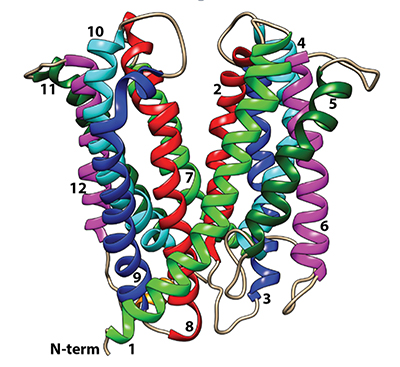
Multidrug Resistance Transporter Dynamics
Multidrug Resistance Transporter Dynamics Multidrug resistance promotes cell survival in the presence of toxic compounds such as many antibacterial or cancer chemotherapeutic agents. Often, multidrug resistance results from expression of transport proteins that eject the toxicant from the cell in exchange for Na+ or H+ ions. Researchers believe that… Read MoreJun. 27, 2018
-

Addiction-Related Transcription Changes in the Brain
Addiction-Related Transcription Changes in the Brain Mounting evidence indicates that drug addiction leads to long-term adaptations within the brain’s reward circuitry. One outcome of this is that exposure to the drug or drug-associated cues can trigger a relapse of addiction even after a long period of abstinence. Research has… Read MoreMay. 7, 2018
-

Mitochondrial mutations and disease
Mitochondria are cellular organelles with their own DNA. Their role in power generation makes them susceptible to oxidative damage, including the formation of DNA-damaging chemical complexes called adducts. While one such adduct, M1dG, is normally excised by cells from the genomic DNA, mitochondria apparently lack this repair mechanism. This month in… Read MoreFeb. 22, 2018
-
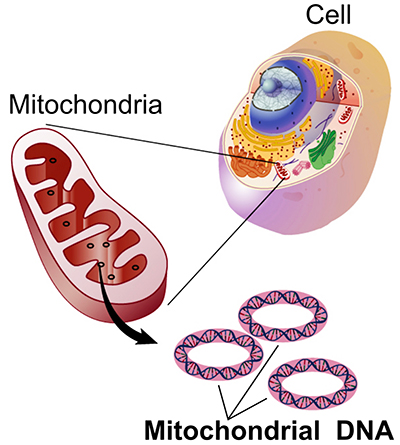
Focus on Mitochondrial DNA Damage
Focus on Mitochondrial DNA Damage DNA damage occurs constantly as a result of physical and chemical insults. Such insults include direct oxidation of the DNA or attack by reactive species generated by the oxidation of lipids. These reactions produce many forms of damage, among them an exocyclic adduct of… Read MoreFeb. 22, 2018
-

Celebration honors 11 new endowed chair holders
Eleven Vanderbilt University faculty members named to endowed chairs were recognized for their outstanding scholarship and research during a celebration at the Student Life Center Nov. 29: Alissa M. Weaver, Lorraine M. Lopez, Alyssa H. Hasty, David Zald, Mariann R. Piano, Richard B. Simerly, Vsevolod V. Gurevich, Matthew J. Tyska, Daniel J. Read MoreDec. 7, 2017
-
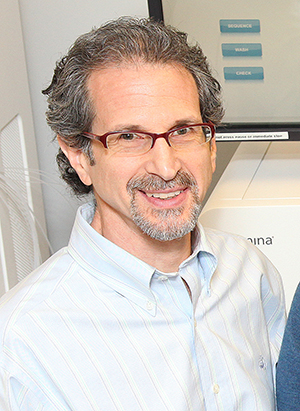
DNA damage repair: molecular insights
The first line of defense against skin cancer is the ability to repair DNA damage caused by UV light. The XPA protein plays an important role in the repair of certain DNA damage, and mutations in this protein have been implicated in xeroderma pigmentosum (XP) disorders, characterized by increased UV… Read MoreDec. 7, 2017
-

Lindsley honored by Pharmaceutical Society of Japan
Craig Lindsley, PhD, the William K. Warren Jr. Professor of Medicine at Vanderbilt, is the 2018 recipient of the Sato Memorial International Award of the Pharmaceutical Society of Japan. Lindsley, co-director of the Vanderbilt Center for Neuroscience Drug Discovery (VCNDD), is the 41st recipient of the award, which is administered jointly by the society… Read MoreDec. 7, 2017
-
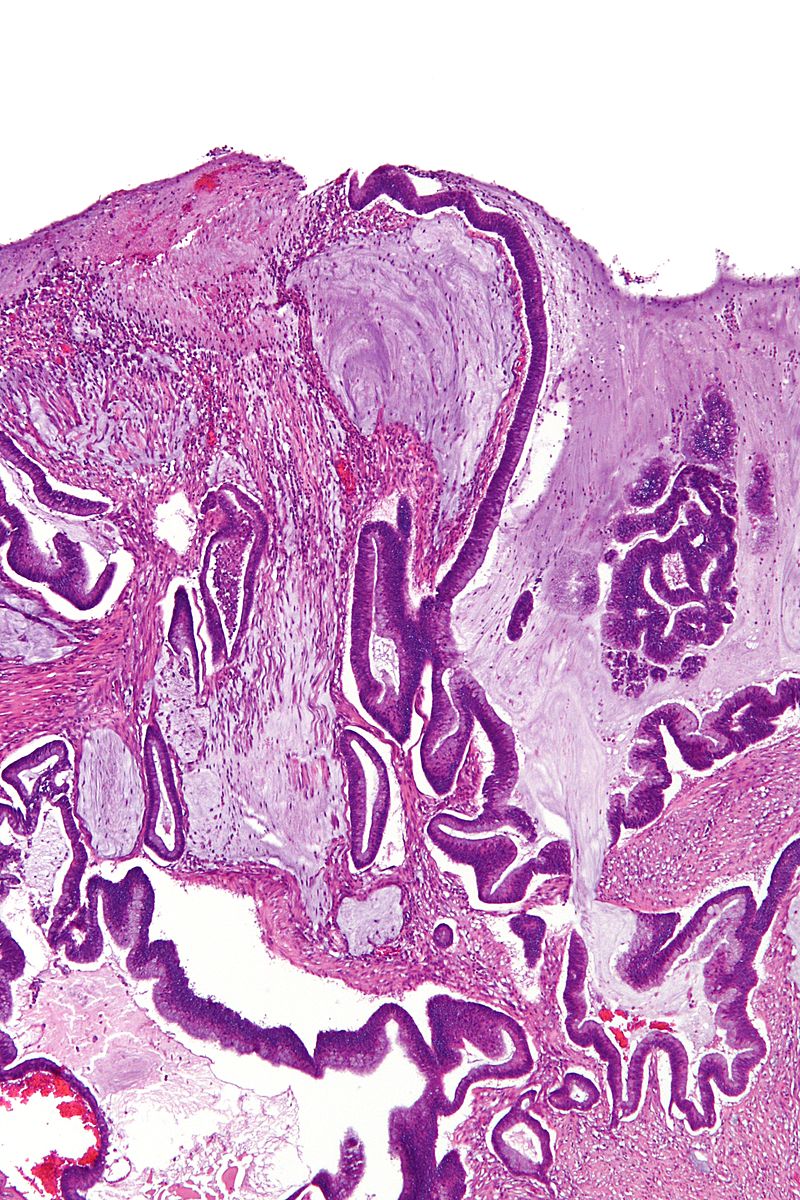
Drivers of Intestinal Tumorigenesis
Drivers of Intestinal Tumorigenesis A hallmark of all epithelia is the presence of adherens junctions that connect adjacent cells to each other. The junctions are formed through the interaction of the extracellular domains of E-cadherin on the neighboring cells. In turn, the intracellular domain of E-cadherin forms a complex… Read MoreDec. 6, 2017
-
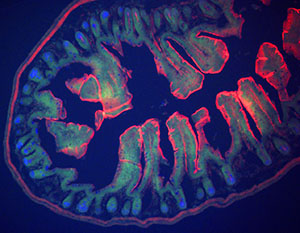
Tracing Cell Origins in the Gut
Tracing Cell Origins in the Gut The organs of multicellular animals comprise highly organized aggregates of many cell types, each of which has differentiated from a multi-potent stem cell. Although we have learned much about the process of differentiation and organogenesis through studies of tissues such as bone marrow,… Read MoreDec. 5, 2017